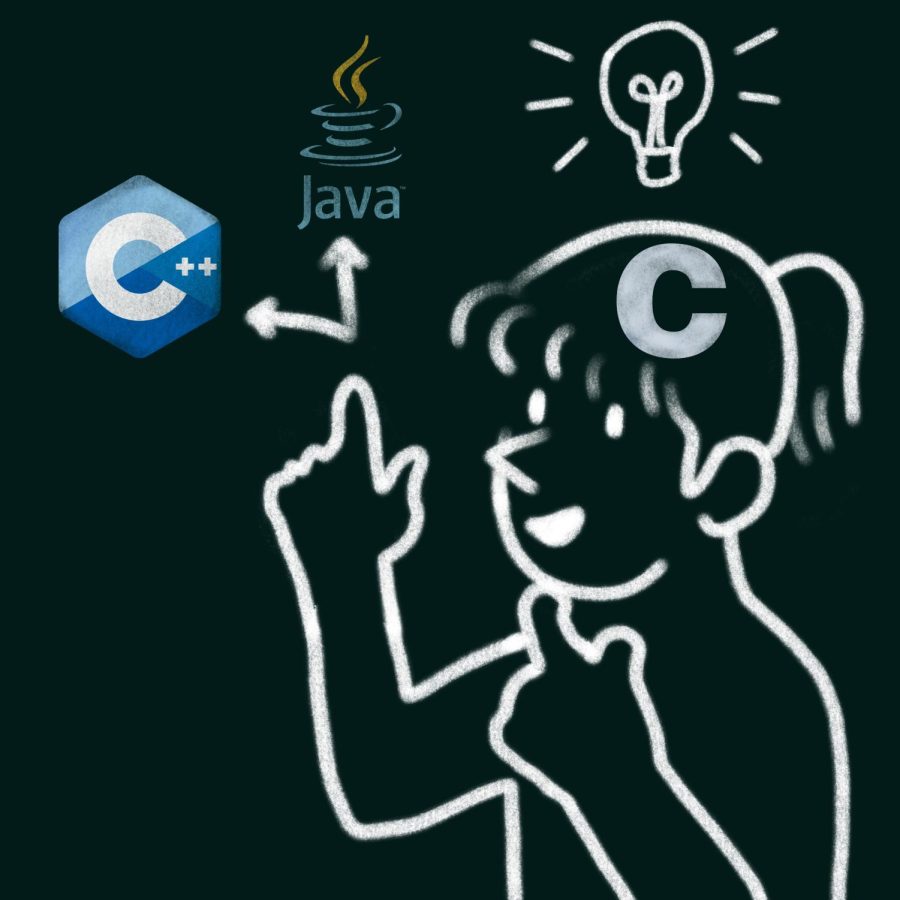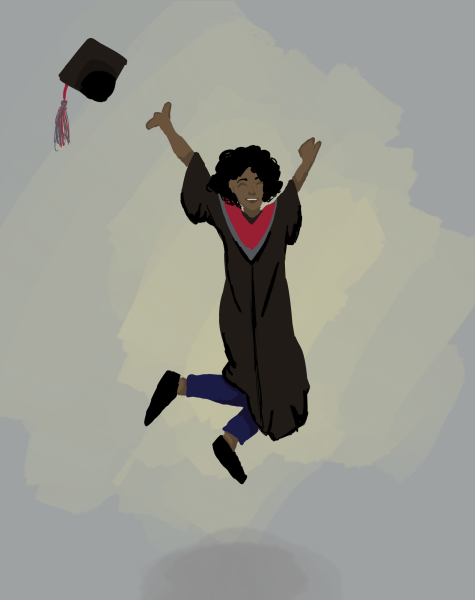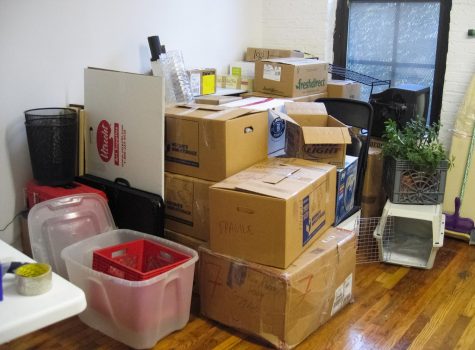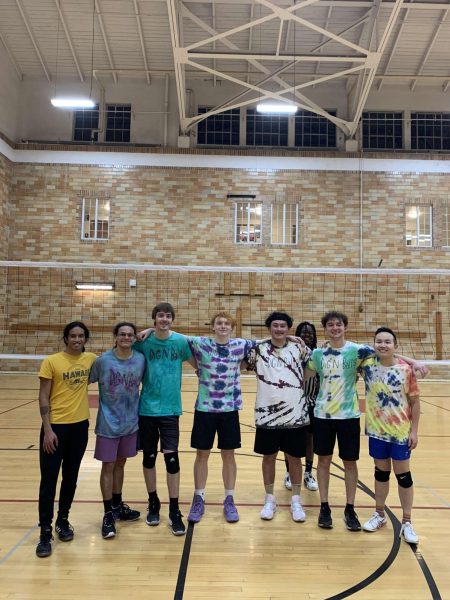Ask Life: How do I learn to code properly?
Learn how to program with these algorithms
Start with a more difficult coding language like C++.
June 15, 2023
Dear Life Section,
I have been trying to learn to code but it is just so weird and challenging. Do you have any tips to get started or learn efficiently?
Sincerely,
Hopeful Future Programmer
Dear Hopeful Future Programmer,
There are many methods to learn to code. No method is valid or invalid. I will be using my experience as a programmer to share some tips but feel free to disagree and modify them to fit your style.
For some history, my interest in programming was sparked by Roblox. Yes, I still like Roblox. My cousin introduced me to Roblox when I was 9. I then discovered Roblox Studio, which allows users to create their own games.
Frustrated with my lack of knowledge, I frantically imported free models and scripts into my games, trying to create something. My games were published messes with no actual purpose. I was too lazy to learn coding on my own, so I stuck with playing Roblox games instead of creating them.
Fast-forward to ninth grade, I discovered my love of HTML and CSS for website design. I signed up for web design to fill a class gap, but it turned out to be fascinating.
Now, after taking a Python class, a Java class, a C class and a C++ class, I can open Roblox Studio, quickly learn its programming language and create something worthwhile. I may be 19, but that is OK. Programming is a skill you can quickly catch up on with some passion and motivation.
You can be like me and rely on computer science classes to boost your knowledge. If you cannot find the motivation to learn on your own, take this route. However, start early if possible. Take computer science courses online or in person. Try to incorporate those courses into your current course plan. Harvard University has published computer science lessons online for free.
If you are not in school or your school does not offer computer science courses, try online courses. However, make sure any courses you enroll in have deadlines, such as homework deadlines. Do not stress yourself out, but having deadlines will motivate you to study and aim for success.
If you, like me, are struck with the realization that you actually love programming, start learning solo. Download free apps, such as “Learn C++” by Programiz. Sign up for sites like Codecademy and browse for anything you find interesting.
My first tip for efficient learning is to learn a difficult programming language first. Do not start with Java or Python as I did; start with C or C++. After learning these languages, others will be a breeze.
Before you move on to other languages, try to master your first one. Mastery can be whatever you define it; for me, it consists of confidence when constructing a new programming file.
If you do not know everything about the language, that is OK. I probably do not know half of the possibilities of C++, but I feel capable of creating a sizable project without referring to Google or ChatGPT every two minutes.
My second tip is to understand what you are learning. Many people breeze through computer science courses or online courses to learn a language’s syntax. They then quickly create a small project with this exclusive syntax knowledge. Do not do that.
When you are told to import that weird package called java.util into your Java program before coding, ask what java.util is. Learn why you need to import it and learn about other packages.
If you are feeling overwhelmed and cannot understand the content in-depth, forget it and keep learning. Your efforts in trying to understand will power your interest in coding. With your brain trained to ask questions and learn, you will definitely understand it at some point.
Along with understanding the details of your first language, try to learn documentation as you program. Documentation is essentially a list of descriptions about your language that refers to keywords, libraries and other components.
You can find documentation on many sites but try to learn it from the language’s official site. Doing so will also teach you how to read technical writing in reference to programming.
I cannot stress how important debugging is. Try to learn how a debugger works and what its typical features are. Before you Google your error, no matter how tiny it is, try to solve it yourself.
If you try to understand what you are learning and read documentation as you code, you will notice some cool things after you master your first language.
The first thing you will notice is learning a new language requires a look at its documentation instead of an entire computer science course. If you only learn the syntax behind your first language and not the reasoning, you will struggle to learn a new language. This is because every language has a different syntax.
I know I used the terms programming, coding and scripting interchangeably throughout this column. If you want to research those terms on your own time, have at it. They technically have different meanings, but you will often hear them used interchangeably anyway.
Do not be hard on yourself; try to enjoy coding. If you realize you have a natural passion for coding, that is a signal you should major in computer science.
Computer science delves deep into programming and the theory behind it. Yes, there are obnoxious math classes along the way, but if I survived, so can you. If you enjoy programming, you will likely find its theory fascinating.
People are loaded with opinions about the definition of proper computer science. They also shame certain types of coding and like to declare what actual programming looks like. Ignore these opinions, form your own and enjoy whatever you are learning.
I wish you luck on your coding journey.
Sincerely,
The Life Section


















